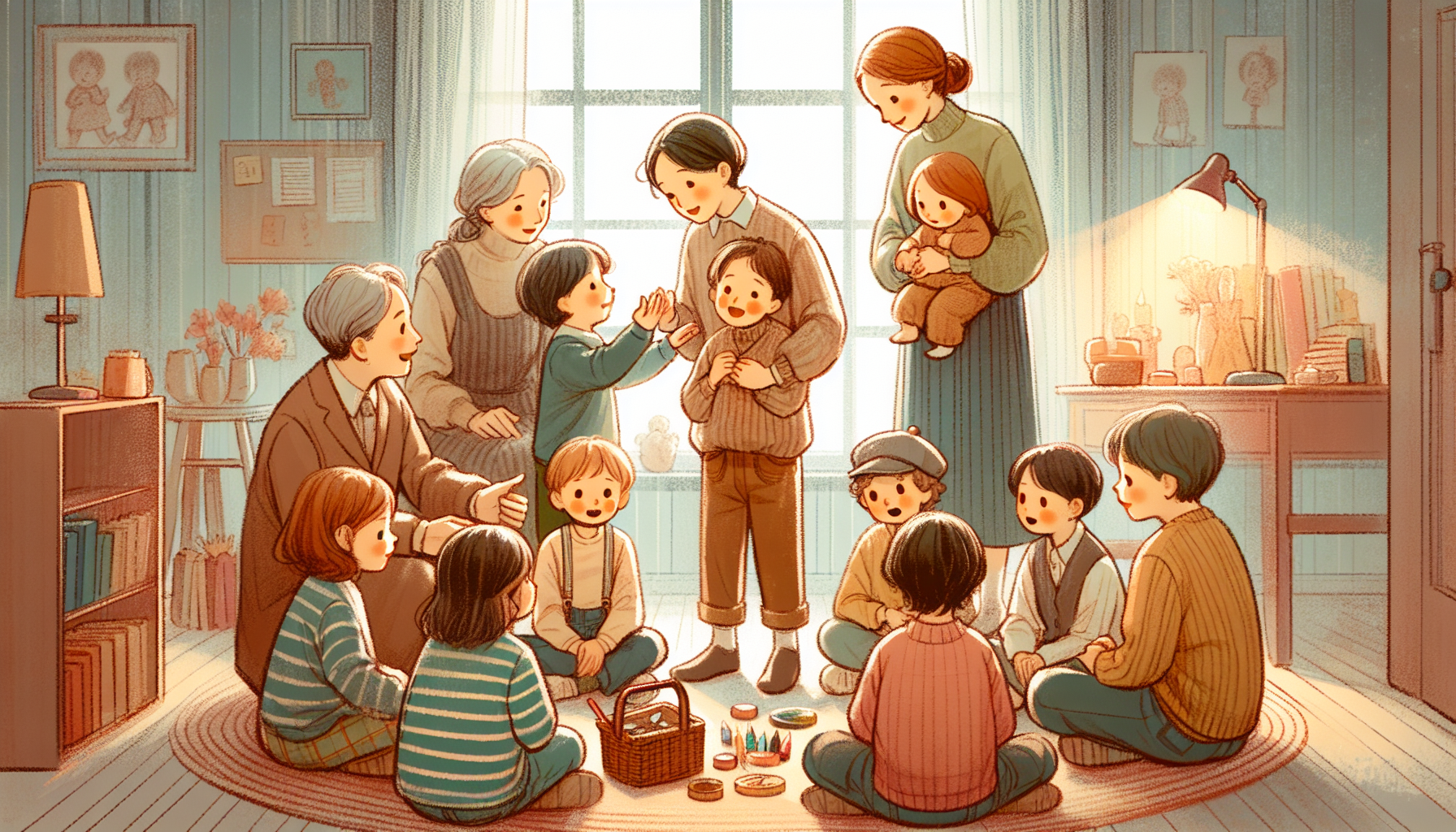Helping Your Child with Peer Relationships: A Guide for Parents
As parents, we all want our children to thrive both academically and socially. While academic success is often prioritized, the importance of strong peer relationships cannot be underestimated. These relationships are crucial for emotional growth, self-esteem, and the development of social skills in children. In this article, we’ll explore how you can help your child build and maintain healthy peer relationships, offering practical parenting advice grounded in psychological principles.
Main Points
Peer relationships play a pivotal role in a child’s development. They provide opportunities for learning social norms, developing empathy, and practicing communication skills. According to research, children with strong peer connections tend to have lower levels of anxiety and depression. Conversely, children who struggle with peer relationships may experience feelings of isolation and loneliness.
One key factor in fostering positive peer relationships is understanding your child’s psychological needs. Cognitive-behavioral therapy (CBT) suggests that fulfilling needs such as safety, autonomy, and self-expression is essential for well-being. For instance, children who feel safe and accepted are more likely to engage with peers, while those who can express themselves freely may find it easier to form genuine connections.
Encouraging self-expression is particularly important. When children feel heard and understood, they are more likely to open up and share their thoughts and feelings with peers. This can lead to more meaningful and lasting friendships. Additionally, promoting autonomy by allowing children to make choices and solve problems independently can boost their confidence in social settings.
Practical Recommendations
- Model Positive Social Behavior: Children learn by observing adults. Demonstrate respectful communication, active listening, and empathy in your interactions.
- Create Opportunities for Social Interaction: Arrange playdates, enroll your child in group activities, or encourage them to join clubs that align with their interests.
- Teach Problem-Solving Skills: Encourage your child to think of solutions when conflicts arise with peers. This empowers them to handle social challenges independently.
- Foster Open Communication: Have regular conversations with your child about their social experiences. Ask open-ended questions to help them articulate their feelings and thoughts.
- Encourage Empathy: Help your child understand different perspectives by discussing how others might feel in various situations.
Conclusion
Supporting your child in developing strong peer relationships is a fundamental aspect of parenting. By understanding their psychological needs and providing them with the tools to navigate social interactions, you can help them build lasting friendships and enhance their emotional well-being. Remember, the benefits of fostering healthy peer relationships extend beyond childhood, contributing to your child’s overall happiness and success in life.
For more insights on parenting and child development, visit the Child Mind website.

